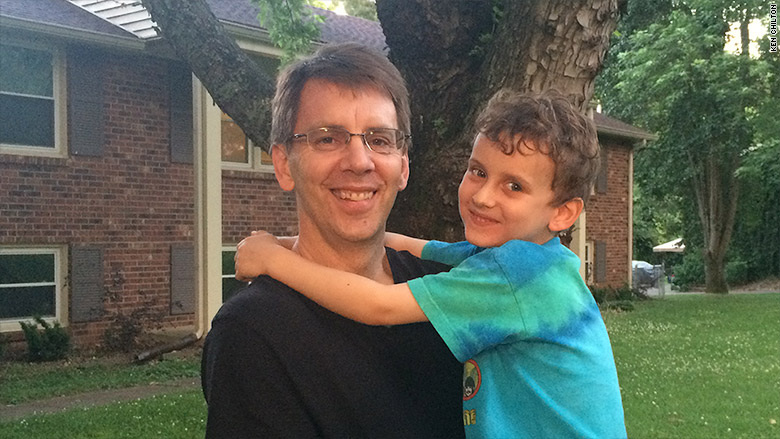In a word, certainty.
My father was a laborer who raised five children in the 1960s-70s with a stay-at-home wife. We were not rich, but we never went without anything. We went to the doctor when we were sick and had regular dental examinations. We did not go out to eat often, but we always had good home cooked meals. Even though my parents probably never had more than $5,000 in the bank (in today's dollars), we had plenty.
Now, I'm part of a dual-income family and while we are doing relatively well, we do worry about finances, college for our son and retirement. We live responsibly, but like most households, a catastrophic illness or disability would threaten our fiscal security.
This, more than anything, is the biggest difference between today and my father's generation. They had pensions, a solvent Social Security system and a social contract that rewarded loyalty and hard work. Today, we have more of a free-agent society and that contributes to malaise, stress and uncertainty. That psychological component has much to do with the definition of the middle class.









